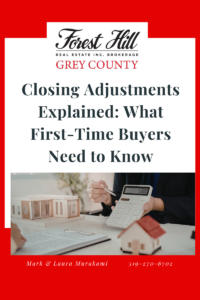As in any industry, there are some terms that we use regularly in real estate that can our clients are not 100% certain they fully understand. Sometimes we forget that someone who isn’t dealing with relator lingo on a daily basis may not fell confident they have a solid understanding of the phrases used in a real estate transaction. Before you enter the market by purchasing a home or putting your home on the market, it is important that you feel comfortable with the language your agent will be using to represent you. Here are definitions for some of the most commonly used terms:
Appraisal: An appraisal on your home is an unbiased estimate of how much a home is worth, as completed by a certified appraiser. A lender may require an appraisal, completed by a third party (the appraiser) to make sure the loan/mortgage amount requested is accurate and reasonable. If the home’s appraised value is below the amount the buyer has offered to pay in the offer, the lender may require that the buyer cover the difference themselves.
Buyer’s Agent: The real estate professional who is representing the buyer of a property. An agent can act as a seller’s agent when helping you sell your property and a buyer’s agent when you’re buying a new home.
Comparables: Comparable sales are used by a real estate agent or appraiser to establish how much a home is worth based on what other similar homes in the area have sold for recently. Only home sales that have legally closed (a purchase/sale has been fully completed) count as a comp — and most lenders and insurance providers require appraisers to use at least three local closed sales.
Closing: The final stage of the real estate transaction, the day ownership of the property changes hands. The closing date is agreed upon by both parties in the offer to purchase/sell. On the closing date, ownership of the property is legally transferred from seller to buyer.
Closing Costs: Fees on top of the purchase price of the property, that have to be paid when the buyer takes possession of the property. Usually roughly between 2-5% of the total purchase price of the home, closing costs include land transfer tax, lawyer fees, Title insurance, fire insurance, registration of deed and mortgage insurance if your down payment was less than 20% of the purchase price. If you’re selling a property you should also account for the commission payable to your real estate agent which your lawyer will remit from the proceeds of your sale.
Conditional Offer: This is an offer to purchase that includes conditions, such as home inspection or financing. Generally buyers ask for a week or two (a term set by the buyer and agreed upon by the seller) to get things such as firm mortgage details, home inspections to identify structural issues or property insurance in place. At the end of the conditional period, the buyer either submits a Mutual Release if s/he is unable to move forward with the purchase or waives conditions, making the sale firm and binding.
Easement: An easement grants someone else the legal right to use another person’s land or property while leaving the title in the owner’s name. For example, if you share a driveway with a neighbour, there may be an easement allowing you to cross their property to gain access to your property.
Encroachment: When a property owner violates the rights of a neighbor by building or adding on to a structure that extends onto a neighbor’s land or property line, that is called encroachment. Some long-standing encroachments are registered on title to acknowledge that all parties understand that they exist and no changes will be expected to be made.
Firm Offer: Offers that do not include any conditions are firm. Once a firm offer from the buyer is accepted by the seller, the agreement is legally firm and binding and the property is effectively sold.
Market value: An estimate of how much a specific home will sell for under current market conditions, taking into account what similar properties in the neighbouring area have sold for recently.
Mortgage Pre-approval: This is a formal statement (often in writing) from your bank or other lender that states that you qualify for a mortgage for a particular amount of money. A pre-approval can add credibility to any offer you make on a new home.
Mortgage Pre-qualification: Being qualified is not the same as being pre-approved. A pre-qualification is an estimate of how much you can afford but it does not take into account other important elements such as credit history, income verification, down payment and other factors that are necessary for an approval. Being pre-qualified by your bank does not mean they are able to finance a mortgage for you as the approval process is significantly more involved than a pre-qualification which is essentially just a mathematical calculation.
Offer: This is an offer of purchase, in writing, for a particular property.
Survey: A document that defines the boundaries and measurements of a property and any structures on it. In rural areas it is not uncommon for the seller to not possess a formal survey. In this case, your lawyer will recommend you purchase Title Insurance.
 Seller’s Agent: The real estate professional who is helping you sell your property. An agent can act as a seller’s agent when you’re selling your home and a buyer’s agent when they’re helping you purchase your new home.
Seller’s Agent: The real estate professional who is helping you sell your property. An agent can act as a seller’s agent when you’re selling your home and a buyer’s agent when they’re helping you purchase your new home.
Title: A home’s title represents the rights of ownership to a property. Those rights are transferred from the seller to the buyer during a real estate transaction and give the buyer legal rights to the property upon closing.





